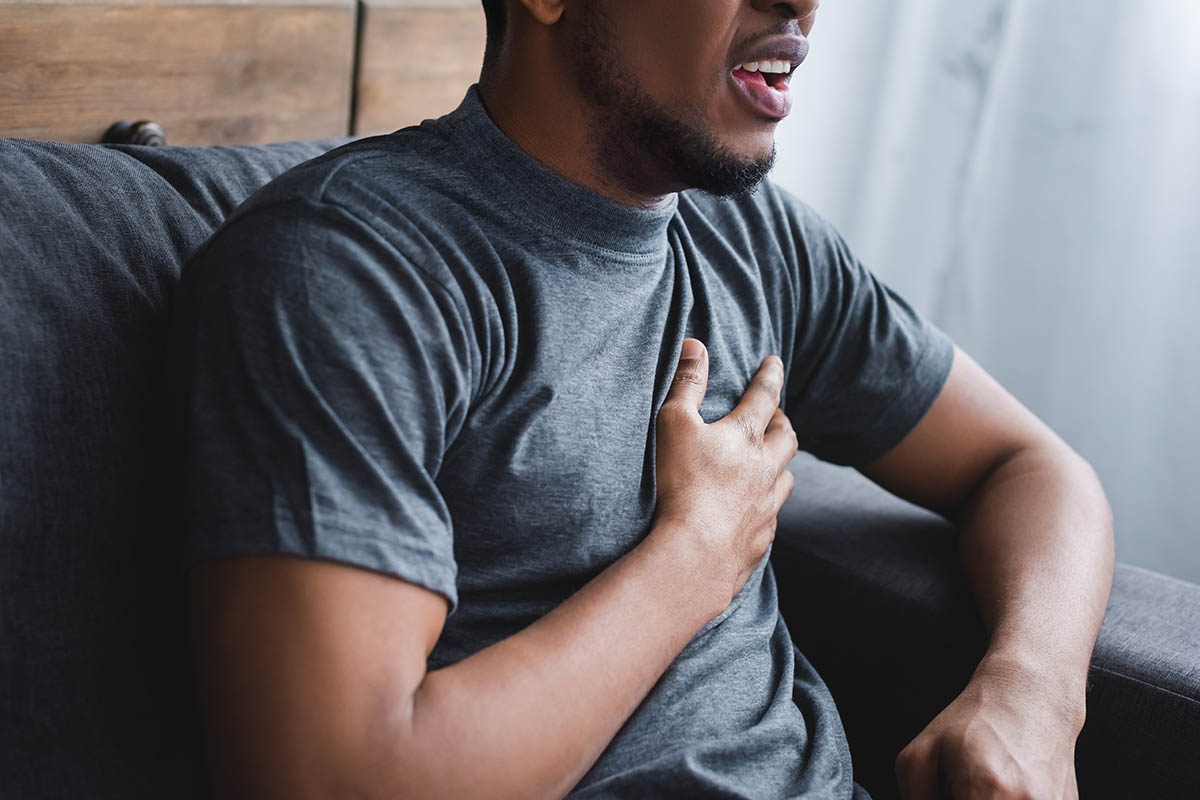Anxiety is an increasingly common problem in the 21st century. The unpleasant sensations that come with anxiety can affect you in various ways. One potential problem is the onset of a panic attack. Symptoms of this kind of attack can have an extreme, disorienting effect on you. However, you can potentially mistake them for other sorts of health issues. Knowing how a panic attack affects you can help you avoid unnecessary confusion. It can also help ensure that you get any needed support from an anxiety treatment program.
Panic Attack Basics
Panic attacks are also known as anxiety attacks. They manifest as short bouts of intense anxiety that appear for anywhere from a few minutes up to 30 minutes. As a rule, panic attacks are random and unpredictable. In addition, they don’t stem directly from real-world situations that pose a threat to you. That includes heart attacks or other health conditions.
Up to a third of all people will have at least one panic attack in their lifetime. If you experience repeated attacks, you have something called panic disorder. This condition is one of the many illnesses experts classify as an anxiety disorder.
What Are the Possible Symptoms of a Panic Attack?
Symptoms are changes in your everyday health that only affect you internally. An outside observer has no direct clue that they’re occurring. The many potential symptoms of an anxiety attack or panic attack include:
- Intense feelings of danger or dread
- A rapid heartbeat
- Nausea
- Fear that you’re losing control or your grip on reality
- A sincere belief that you’re dying
- Tingling sensations in your hands, arms, or other parts of your body
- Hot flashes
- Muscle tension
- Chest tightness
The symptoms of a panic attack may also include a sense of detachment from the world around you.
What are the Potential Signs of a Panic Attack?
Signs are the external counterpart to symptoms. They alert other people that something is happening to you. The possible signs of a panic attack include:
- Muscle tremors or body shaking
- Shortness of breath or other kinds of breathing problems
- High sweat output
Some of the effects of a panic attack straddle the divide between signs and symptoms. For example, you may feel dizzy or highly anxious. In addition, you may start thinking in unusually irrational ways. People experiencing a panic attack may also be highly vigilant and oversensitive to any perceived danger.
Panic Attack and Panic Disorder
An isolated panic attack is not necessarily a cause for concern. However, some people experience recurring, random attacks that meet the criteria for panic disorder. If you have this disorder, you may go through multiple panic attacks in a single day. You may also experience them just a few times every month or year. In addition, your experience may fall anywhere between these two extremes.
Panic disorder can be treated with psychotherapy or medication. The number one psychotherapy option for the disorder is cognitive-behavioral therapy (CBT). Medicines used to treat panic disorder include benzodiazepines, beta-blockers, and antidepressants.
Find Out More About the Signs and Symptoms of an Anxiety Attack at Evoke Wellness
Want to know more about a panic attack’s potential signs and symptoms? Evoke Wellness is here for you. Our knowledgeable staff can also help you spot the telltale indicators of panic.
Are you or your loved one experiencing recurring panic attacks? Evoke features an onsite mental health day treatment program. We can devise a customized plan that supports your recovery and return to a more stable daily routine. To find out more, just call us today at 866.931.6429. You can also fill out our online message form.




